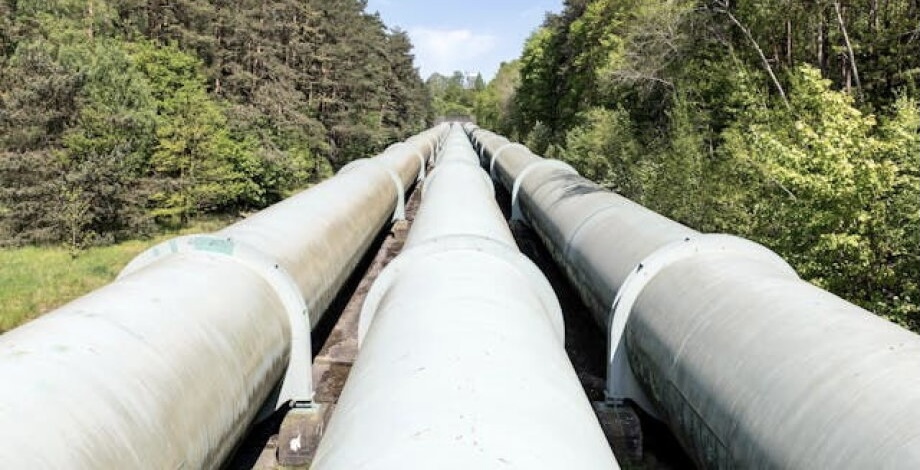KEY POINTS
- Poland plans $5.5 billion NATO fuel pipeline link.
- Project spans 300 km with NATO financial support.
- Security urgency grows after Ukraine war and drone threats.
Poland will spend 20 billion zlotys ($5.5 billion) to connect its fuel infrastructure to NATO’s Central Europe Pipeline System, a decades-old network designed to guarantee supplies to allied forces in wartime. Officials said the project, signed off Friday with pipeline operator PERN, represents one of the country’s largest security investments in three decades.
Poland ties to NATO fuel pipeline
The Ministry of Defence and PERN signed a preliminary agreement to extend about 300 kilometers of new pipelines, linking Poland directly to NATO’s system that already runs across Germany, France, Belgium, Luxembourg, and the Netherlands. The Central Europe Pipeline System was built in the Cold War to deliver jet fuel, diesel, gasoline, and naphtha to military bases, and remains critical to NATO operations today.
Deputy Defence Minister Cezary Tomczyk described the project as “one of the largest investments in the security of the Polish state in the last 30 years.” He said the connection would sharply increase the resilience of Poland’s energy and military infrastructure, especially as the region grapples with Russia’s war in Ukraine and a growing frequency of drone incursions near its borders.
NATO fuel pipeline plan gains urgency
The push to link Poland into NATO’s fuel distribution network has been discussed for years but gained momentum after Russia’s full-scale invasion of Ukraine in 2022. Since then, Warsaw has stepped up military spending, accelerated arms purchases, and hosted more allied troops on its soil. The fuel link, once completed, will anchor Poland more firmly in NATO’s supply chain, reducing the risk of disruption during a crisis.
NATO has already allocated 60 million zlotys toward the project’s initial planning and design, according to Reuters. The construction phase is expected to span several years, highlighting both the scale of the work and the long-term nature of Poland’s security commitments.
Tomczyk confirmed that NATO’s leadership has formally approved the planning stage, ensuring the project moves ahead with allied coordination. For Poland, the investment reflects not just an infrastructure upgrade but a strategic alignment with NATO’s eastern flank defense priorities at a time of deepening regional instability.



